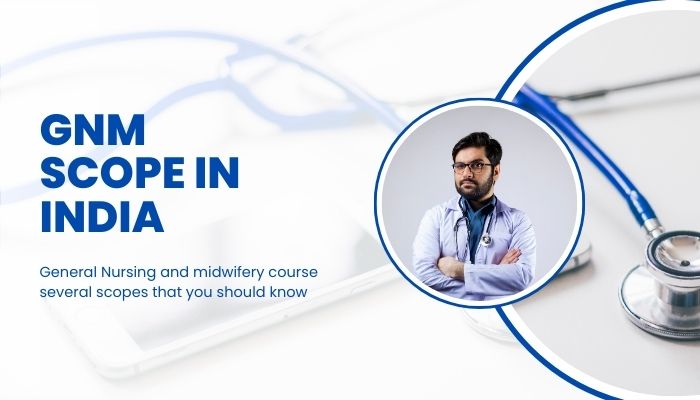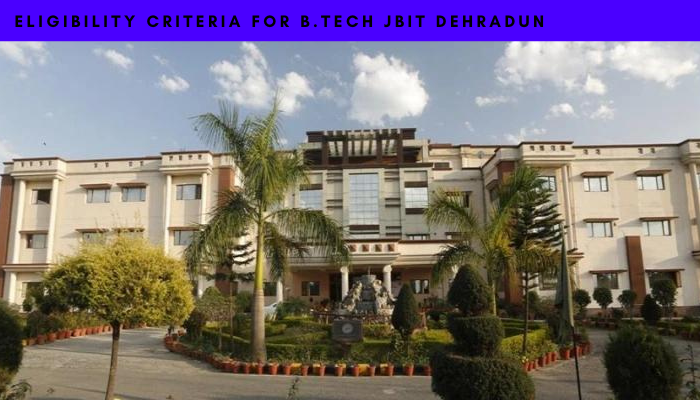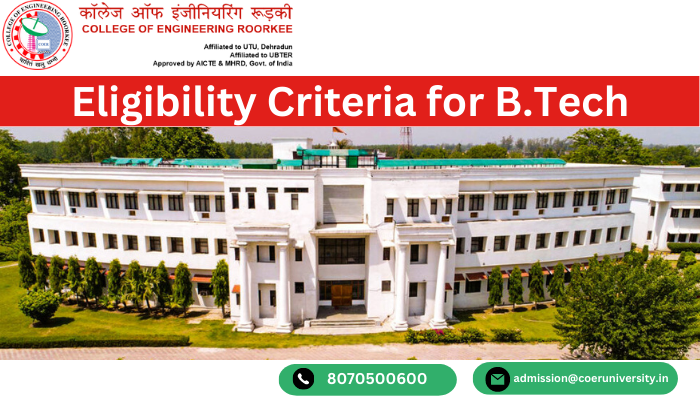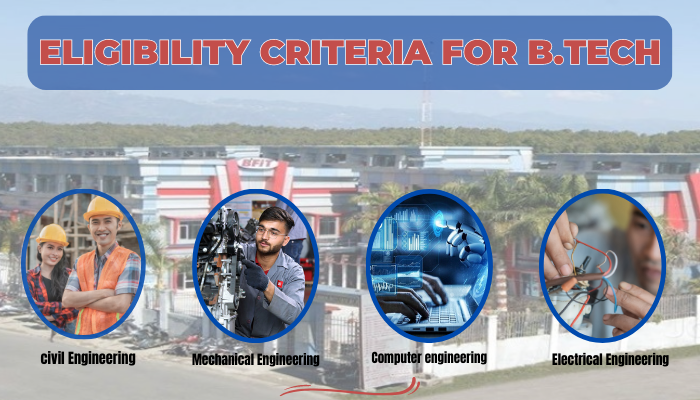GNM scope in India
GNM scope in India General Nursing and Midwifery (GNM) is a diploma course in nursing that trains individuals to become registered nurses and midwives. In India, the scope of GNM is quite broad, and there are various opportunities available for GNM graduates. Here are some aspects to consider regarding the scope of GNM in India: Employment Opportunities: GNM graduates can find employment in a range of healthcare settings, such as hospitals, nursing homes, clinics, community health centers, and private healthcare facilities. They can work as staff nurses, nursing supervisors, nursing educators, or even pursue specialized roles like critical care nursing, pediatric nursing, psychiatric nursing, and more. Government Sector Jobs: GNM graduates can apply for nursing positions in government hospitals, primary health centers, and various government healthcare schemes. The government regularly recruits nurses through competitive exams conducted by organizations like the All India Institute of Medical Sciences (AIIMS), the Staff Selection Commission (SSC), and state-level Public Service Commissions. Private Sector Opportunities: Private hospitals and healthcare organizations in India also employ GNM graduates. The private sector offers a wide range of opportunities, especially in urban areas, with various specializations and higher salary packages based on experience and expertise. Higher Education: GNM graduates can pursue higher education to enhance their career prospects. They can opt for Bachelor of Science in Nursing (B.Sc Nursing), Post Basic B.Sc Nursing, or even Master of Science in Nursing (M.Sc Nursing) to specialize in specific areas of nursing practice. Higher education can open doors to administrative positions, teaching roles, research opportunities, and advanced clinical practice. Overseas Opportunities: GNM graduates from India also have opportunities to work abroad. Many countries face a shortage of skilled nurses, and they recruit healthcare professionals from India. However, it’s important to note that the specific requirements and processes for working abroad vary from country to country. Entrepreneurial Ventures: GNM graduates can explore entrepreneurial opportunities in the healthcare sector. They can establish their own nursing homes, clinics, or home healthcare services. Entrepreneurship in healthcare requires proper planning, understanding of regulations, and financial resources. It’s important to note that the scope of GNM in India can be influenced by factors such as location, experience, additional qualifications, and the overall demand for nursing professionals. Staying updated with current trends, continuous learning, and skill development can significantly enhance career prospects for GNM graduates. Visit collegeforum.in for more info best GNM Colleges in Dehradun.
GNM scope in India Read More »








